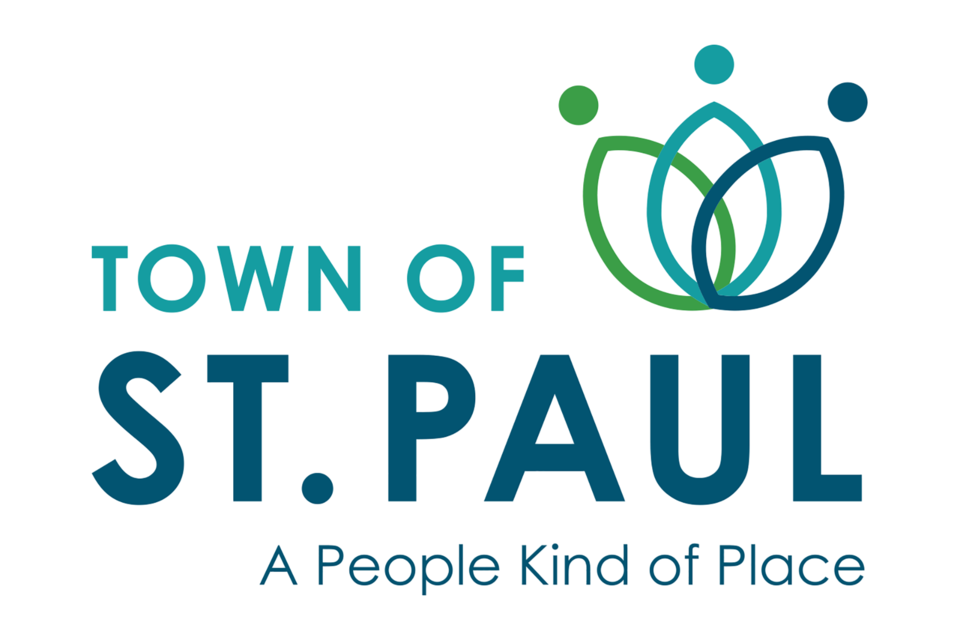ST. PAUL - The Town of St. Paul has approved its interim operating budget, with no tax increase built into the projections.
"This budget was built using 2020 Tax Assessment values, with no increase in taxes," reads information presented during the Dec. 13 regular council meeting. When presenting the interim budget to council, CAO Steve Jeffery said the budget had been "challenging" to balance, for many reasons.
He noted that expenses continue to increase, but funds remain stagnant. The goal of the interim budget is to present a balanced document. Included in the budget presented to council were notes stating increases were expected in everyday costs, such as fuel, utilities, and janitorial services, for example.
The Town's total income is pegged at $18,036,667, which is the exact same number expenses are budgeted at.
"These numbers do not reflect a tax increase, but what they do reflect is a significant reduction in expenses which will affect levels of service going forward," explains Jeffery, following the council meeting. "If council wishes to maintain or improve levels of service, than an increase in income is a possibility before setting the final budget in the Spring of 2022."
During the meeting, Jeffery affirmed, "This is by no means the final budget."
Jeffery confirmed there was a "zero per cent" increase in both residential and non-residential tax rates.
Speaking to assessments, he noted there could be a decrease in assessments realized.
One item sacrificed in the budget includes a Municipal Development Plan update, because "the $150,000 cost was not feasible at this time." The budget also does not include adding a building manager position, cultural liaison position, grant writer position, and does not consider the Town of St. Paul taking over a cemetery.
"Council costs have went up as benefits will have been started for councillors, as well as moving a permanent livestream cost into council expenses," reads information presented to council, by administration.
Speaking to council, Jeffery explained that some department ran "thinner" during COVID times, but facilities such as the Aquatic Centre are now back to pre-COVID levels, which requires the necessary staffing.
There could potentially be more Utility Franchise fee revenue and a letter from APEX Utilities projected an increase of just under $50,000 for natural gas franchise fees alone in 2022.
"With electricity going up and gas, this should reflect in our income as the franchise fee remained unchanged going into 2022," reads the information.
Jeffery also noted that an increase to the ratio in which the wastewater is charged to residents was worked into the budget. The upgrade done to the wastewater treatment plant (WWTP) will come with some added expenses, although those exact numbers are not yet known since the facility only became fully operational this summer. But, Jeffery says administration knows the Town isn't capturing enough revenue.
The average household could see an increase of about $8/month on their bills. Jeffery said he used his own household, which includes two adults and three children, as an example to determine what an average household may see as a result of the increase.
"We did pull dollars away from certain departments," said Jeffery, specifically stating work by the public works department has been scaled back to balance the budget. If 2021 finishes with a surplus, then public works is an area that funds could be directed to.
An increase from $10,000 to $20,000 for physician recruitment was also worked into the budget. The County of St. Paul is expected to also increase its contributions.
"These are tough, tough times," said Mayor Maureen Miller.
A motion to approve the 2022 interim budget was made by Coun. Ron Boisvert, and was approved as presented.
In 2020, the municipal tax rate for residential was 7.5850, and the tax rate for non-residential was 16.2010. In 2021, those numbers increase to 8.2673 and 17.1240, respectively.
Retroactive pay
One line that stands out in bright red in the interim budget is within the RCMP policing contract. The Town is anticipating a bill of $650,000 could be a reality for retroactive pay raises.
Being upfront and blunt about the situation, the Town is unsure of where it would get those funds.
The topic came up briefly later in the meeting, as council discussed a letter from Lakeland MP Shannon Stubbs, which states, "I am reaching out to municipalities to discuss and gather information on how the retroactive pay mandated by the recently ratified RCMP Collective Agreement impacts your community. I know that each community will be impacted differently based upon their size and that dictates your payment requirement."
"I applaud the work being done by Lakeland communities to reduce budgets, and attempt not to overburden your residents with tax increases. This is not an easy job, especially at a time where you are receiving less provincial and federal funding. The addition of this retro pay is overwhelming many regions across the country, especially in rural areas," wrote Stubbs.
Council agreed that the mayor and CAO should have a meeting with the MP to discuss the issue.
"I think it's important for her to hear the challenges we're up against," said Miller. A motion to approve a written response and allow for a verbal discussion to take place with Stubbs was approved.



